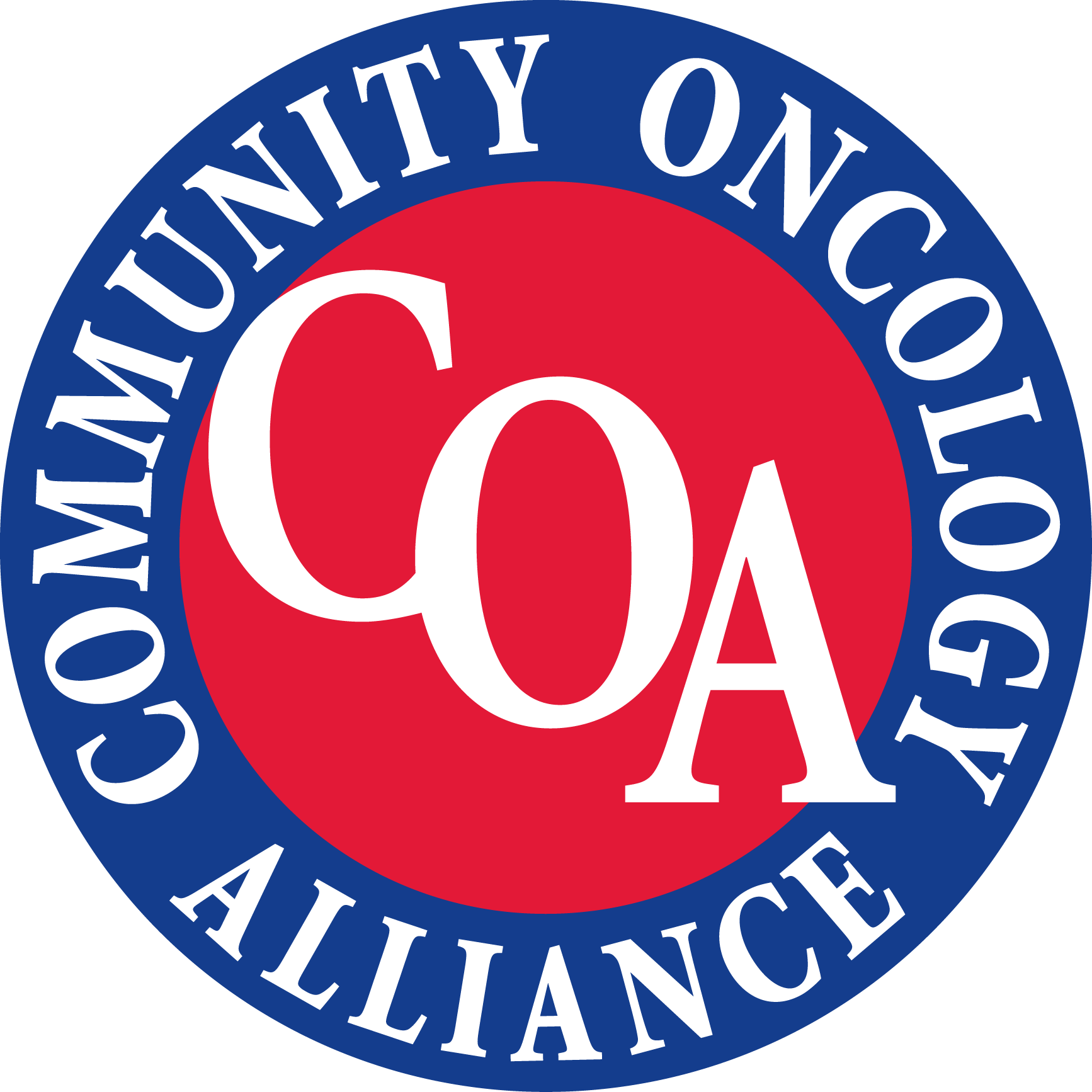
Optimizing Formulary Management: COA's Judy Alberto Shares Insights

Judy Alberto, MHA, RPh, BCOP, director of clinical initiatives at the Community Oncology Alliance (COA), addresses the challenges pharmacies face in managing formularies to provide optimal patient care.
Judy Alberto, MHA, RPh, BCOP, director of clinical initiatives at the Community Oncology Alliance (COA), is 1 of 5 panelists for today's discussion, "Managing Formularies: Successfully Navigating Multiple Formularies to Balance Clinical & Financial Outcomes,” taking place during the 2024
Here, she addresses the challenges pharmacies face in managing formularies to provide optimal patient care and addresses CMS’ controversial Stark Law interpretation. Patients are suffering, Alberto emphasizes when discussing this provision, as they struggle to access necessary medications and their health care providers face dilemmas regarding compliance with this interpretation.
Transcript
Can you outline the focus of your presentation, and the significance of managing formularies for optimal clinical and financial outcomes?
Our panel on managing formulary outcomes is going to focus on the landscape of pharmacy: what the challenges are facing pharmacists who have to manage the formulary and then how they overcome those challenges and what they implement to successfully be able to treat patients and keep the lights on at their institution.
Why is it important to approach formulary management with clinical and financial outcomes in mind?
If you look at something like the IHI [Institute for Healthcare Improvement], the Triple Aim is keeping patients’ satisfaction high, which includes a good quality; lowering cost of care; and also increasing clinical outcomes. This all comes into play when you're managing a formulary, and again, keeping those lights on so you can treat not only current patients, but future patients. We have a responsibility to make sure that we're always doing the right thing for the patients that are waiting to be treated, as well as the patients we are currently treating.
How is CMS’ Stark Law interpretation of mailing/couriering oral cancer drugs negatively affecting patients and health care providers?
It's a real struggle, as you can imagine, that cancer patients sometimes cannot leave their home to go pick up their oral anticancer medication. We're really seeing that this is impacting those patients. We've had examples of patients whose family members have passed away and they were still forced to go into the office to pick up their medication because it can't be mailed to them. It affects the providers because now they have to decide, do they ignore this interpretation and risk fines and penalties for mailing medications or do they adhere to what this interpretation is and force patients to come in? This excludes even family members being allowed to pick up medications for their loved ones. And so it has a significant impact on both the providers and the patients alike.
What are the long-term ramifications if this provision is not overturned?
The long-term ramifications are patients are suffering, it could delay their care, it could impact their clinical outcomes, and they may choose to go to another pharmacy that's not as convenient for them. We know that when PBMs [pharmacy benefit managers] are involved in mail order, the entire landscape for patients changes. Those PBMs don't have access to the records, sometimes it can take weeks for them to get the medication, so we really want to keep it in the hands of their independent community oncology practices.
Newsletter
Stay ahead of policy, cost, and value—subscribe to AJMC for expert insights at the intersection of clinical care and health economics.









